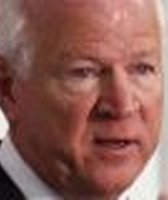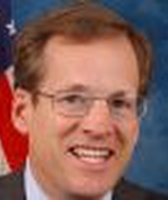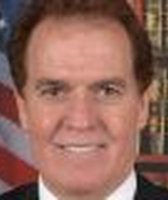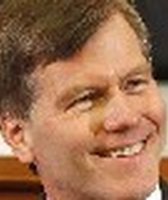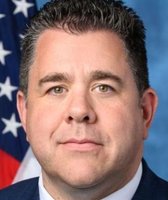Stand up for the facts!
Our only agenda is to publish the truth so you can be an informed participant in democracy.
We need your help.
I would like to contribute
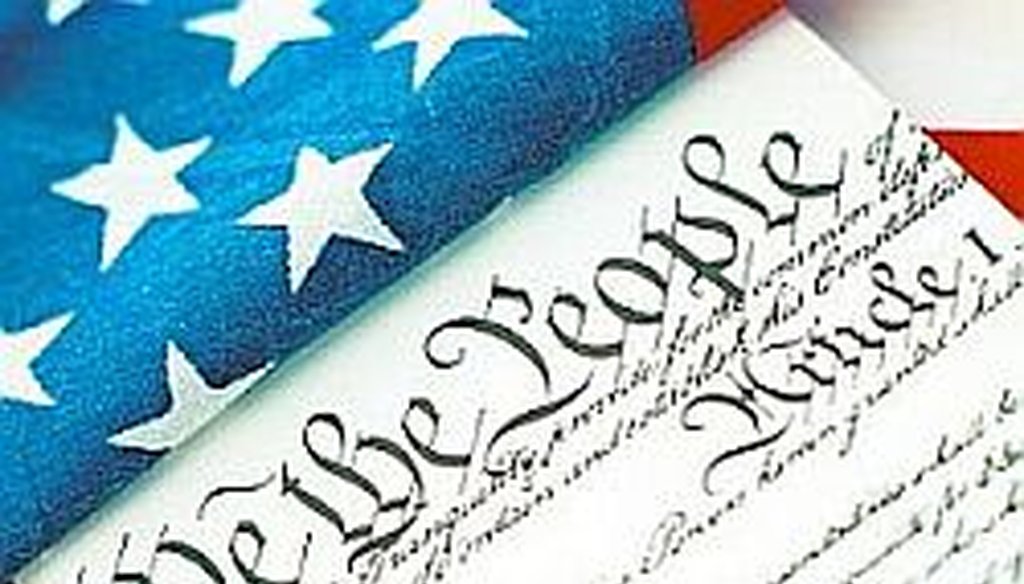
GOP presidential candidate Newt Gingrich wants you to join an effort to give the Tenth Amendment the attention he thinks it deserves
Fans of limited government, put down those pompoms and get off the sidelines. GOP presidential hopeful Newt Gingrich wants you to join Team 10.
Long a rallying point for those who want to curtail the power of federal government, the 10th Amendment to the U.S. Constitution describes the powers held by states and people. It’s been neglected for too long, Gingrich said in a conference call announcing the effort.
That’s why Gingrich launched Team 10, an Internet crowd-sourcing initiative, to brainstorm ideas to end big government and get the federal government to "enforce the 10th Amendment," the effort’s Facebook page says.
"Since the mid-1930s, the president and Congress have steadily ignored the 10th Amendment," Gingrich said Aug. 9.
Sounds like the supreme law of the land is suffering from severe neglect. Is Gingrich’s statement true?
PolitiFact Georgia asked the Gingrich campaign for evidence but received no response. We rounded up some experts on the Constitution with a variety of viewpoints on the 10th Amendment to help us in Gingrich’s absence.
Their insight prompted us to make the rare move of switching off our Truth-O-Meter and opting out of issuing a ruling. While Gingrich’s claim might be taken as a statement of fact, experts agreed that it’s more a matter of conviction.
This is what the 10th Amendment says:
"The powers not delegated to the United States by the Constitution, nor prohibited by it to the States, are reserved to the States respectively, or to the people."
Legal scholars who support and oppose Gingrich’s claim told us that mainstream legal scholars agree that the 10th Amendment repeats or re-emphasizes other parts of the Constitution that divvy up power between the states and branches of the federal government.
These other sections list or "enumerate" the powers of Congress, such as regulating trade between states, collecting taxes or declaring war. They also list powers the states don’t have, such as printing money or entering into a treaty with a foreign government.
The big legal controversy is over where federal powers end and state powers begin.
During President Franklin Roosevelt’s administration, the U.S. Supreme Court repeatedly decided in favor of expanding these enumerated powers.
For instance, the 1937 ruling National Labor Relations Board v. Jones & Laughlin Steel Corp. said that the board may regulate labor because the Constitution gives the federal government the power to regulate interstate commerce.
Under 1942’s Wickard v. Filburn, the court decided it was within the government’s power to regulate the production of wheat, even if it’s grown to be used on the farm instead of sold.
Congress passed laws that took advantage of the powers the Supreme Court ruled that it possessed.
President Ronald Reagan, though, tried to hold the 10th Amendment line. In 1987, Reagan issued an executive order that repeated the purpose of the amendment and told executive branch agencies to give states and their powers a wide berth, if constitutionally possible. A 1998 order by President Bill Clinton revoked it.
Does that mean that the president and Congress are ignoring the 10th Amendment? If you think the Supreme Court has done a good job of interpreting it, then probably not. You could reasonably say that both branches of government have given the amendment its due so long as the laws they passed and enforced withstood the court’s scrutiny.
If you think the high court blew it and allowed federal powers to overstep their proper boundaries, then it’s reasonable to think they are ignoring the 10th Amendment.
PolitiFact Georgia therefore feels obliged to do what we’ve done only once before in the 300 or so decisions we’ve published in The Atlanta Journal-Constitution. We’re withholding a ruling.
Gingrich’s claim that the president and Congress have "steadily ignored" the 10th Amendment since the mid-1930s may appear verifiable, but it’s neither True nor False. It’s a matter of opinion.
Our Sources
The Daily Caller, "Gingrich launches Tenth Amendment project as part of new ‘Contract for America,’ " Aug. 9, 2011, http://dailycaller.com/2011/08/09/gingrich-launches-tenth-amendment-project-as-part-of-new-contract-with-america/
Facebook.com, Newt Gingrich Team 10 page, accessed Aug. 23, 2011
National Labor Relations Board v. Jones & Laughlin Steel Corp, 1937, www.law.cornell.edu/supct/html/historics/USSC_CR_0301_0001_ZO.html
Wickard v. Filburn, 1942, www.law.cornell.edu/supct/html/historics/USSC_CR_0317_0111_ZO.html
Executive Order 12612, "Federalism," Oct. 26, 1987, www.archives.gov/federal-register/codification/executive-order/12612.html
Executive Order 13083, "Federalism," May 19, 1998, http://frwebgate.access.gpo.gov/cgi-bin/getdoc.cgi?dbname=1998_register&docid=fr19my98-161.pdf
Telephone interview, Robert G. Natelson, senior fellow in constitutional jurisprudence, Independence Institute, Aug. 25, 2011
Telephone interview, Charles A. Shanor, professor, Emory University School of Law, Aug. 25, 2011
Telephone interview, Michael Boldin, founder and executive director of the Tenth Amendment Center, Aug. 23, 2011
Telephone interview, Neil S. Siegel, professor of law and political science, Duke University School of Law, Aug. 23., 2011



















